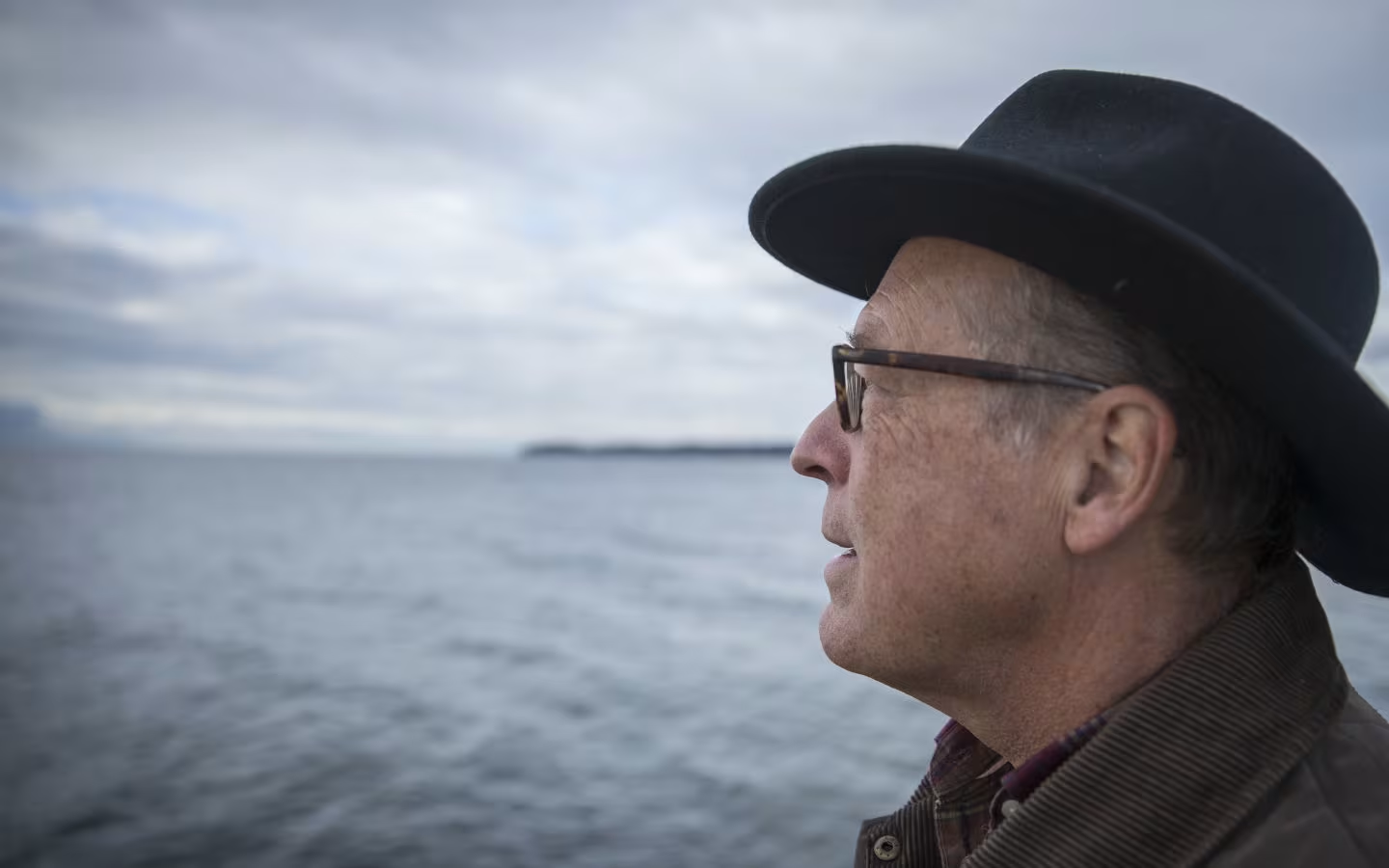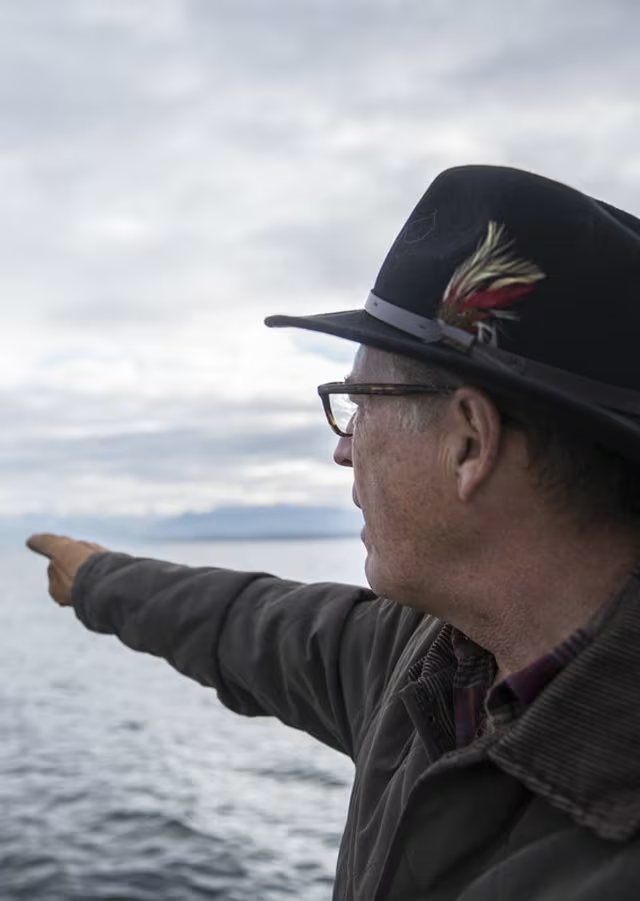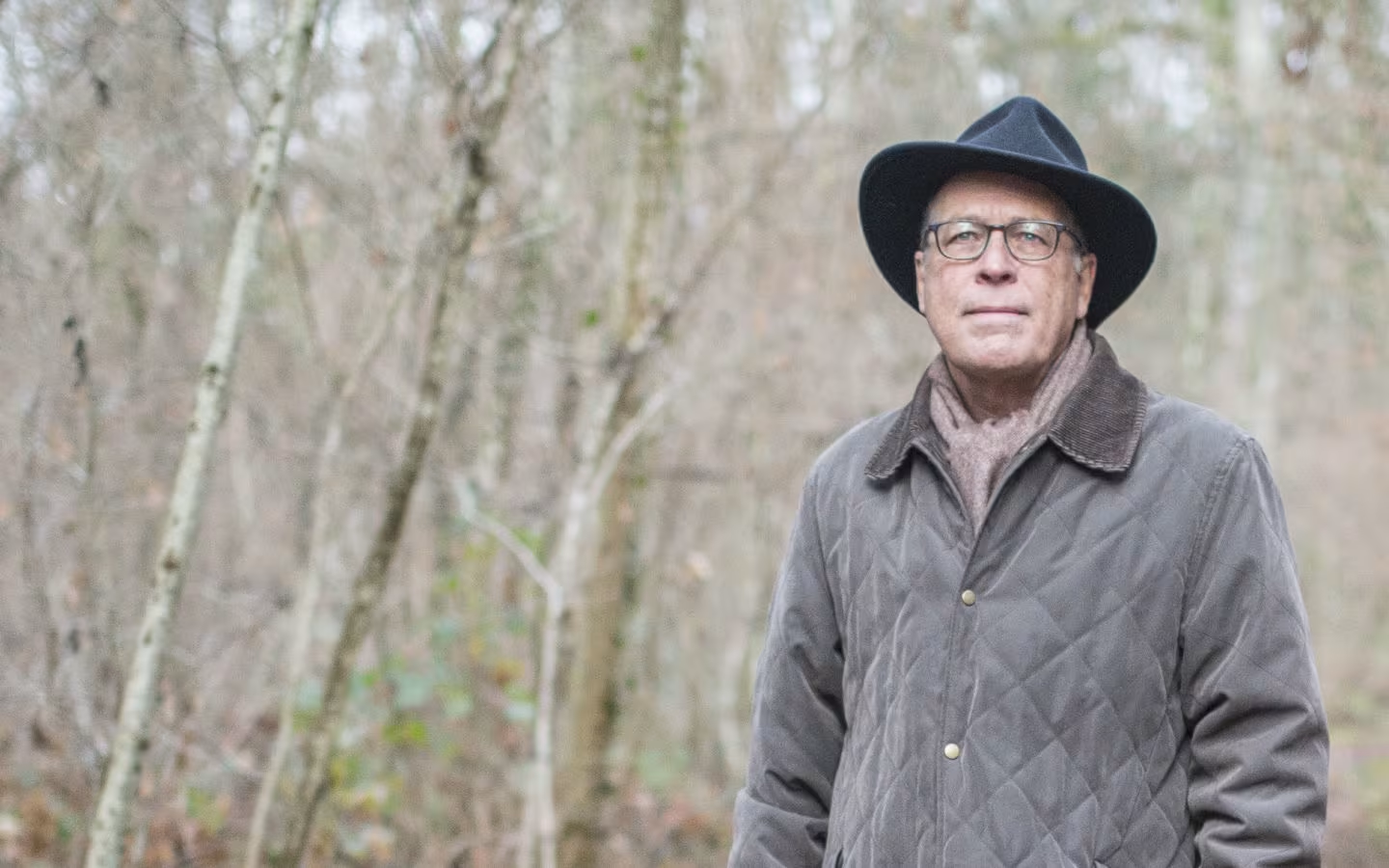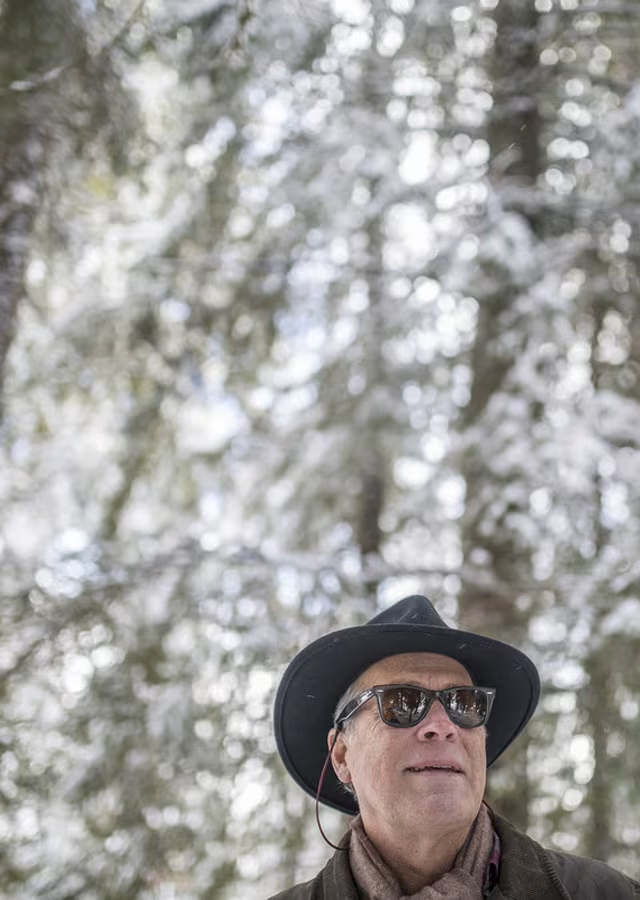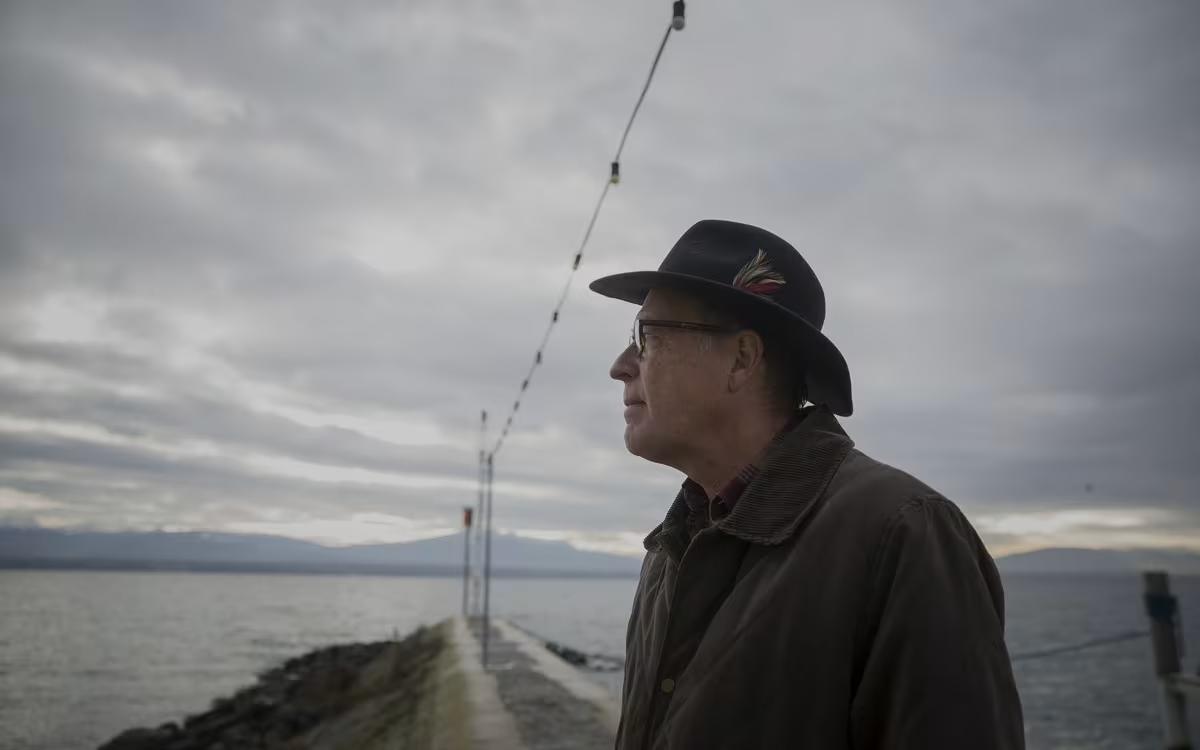Putting people skills first
"I’d been with the International Air Transport Association (IATA) for seven years when I took the ADP and for me it was an inflection point. I’d been used to changing roles every year or so with continued promotions but my remit changed soon after I came back from the programme and I ended up as senior vice president. It was less about the title than it was about the increasing complexity of my span of control. So rather than two or three projects it became a dozen, instead of a dozen it became a couple of hundred. And from having a small team in Geneva I ended up with teams in Montreal, Beijing, Singapore, Miami and London.
I came from an operational background in airlines. I was good at setting standards, monitoring and controlling, and that’s bread-and-butter management stuff. What becomes different as you move up in seniority is being sensitive to people issues, understanding strategy and executing against a complex set of variables. Your job is not the job that is set out in the job description, your job is to do that with all the constraints that are loaded on, whether that is poor senior management, a financial crisis, a weak team of employees or budget constraints; your real job is to get the job description done despite everything.
For me it was the people skills development that was the single most important takeaway from the programme. It’s a matter of taking time out for a really deep analysis of your strengths and your weaknesses.
While I’d done some management development and personal skills training, the ADP was far more multidimensional as it drew on assessments and feedback from my boss, my peers and my direct reports. We divided into small groups to analyse these and worked very intensely together. That’s where the weakness and vulnerability comes in as you are staring at yourself in the mirror, and you are helping your three cohort members to go through the same thing. There’s a level of trust there and a perspective you get from your course colleagues that was one of the strongest elements of the programme.
I didn’t realise in advance the impact that it would have on me. Not that it was an awful experience but rather how constructive it was to see some of the same issues being characterised in slightly different ways by different people and then drawing the threads together and realising that there was something I could work on.
For me it was about improving my communication. If I was driving to an objective I wasn’t being effective enough in bringing people along with me; I was just aiming the torpedoes straight ahead rather than explaining why we needed to go into battle.
That’s why I started travelling more to make sure I got in front of people. And that’s not just standing up in front of 20, 30, 50 people, but also meeting people in more informal settings. It’s about involving people from within the organisation along with the change itself as a lot of changes will be painful.
Having been the only person to go on a programme like this within the IATA and having realised the value for myself, I then encouraged a number of other people behind me to take it, so that helped us develop potential within the organisation."
